01 Jun Covered or not? What’s your insurance IQ
Our claim managers have the satisfaction of getting people back to normal when accidents and mishaps occur. But sometimes, they have to explain there’s limited or no coverage. How much do you know about your own insurance and your limits of coverage? Take this test and calculate your insurance IQ.
- A nasty wind storm blows through your neighborhood and your neighbor’s tree falls onto your lawn. The cost to remove it will be north of $500.
- Your homeowner’s insurance may pay a limited amount for removal and clean up.
- Your neighbor’s homeowner’s policy will pay for removal.
- There is no coverage for fallen trees that do not cause damage.
- Your teenager is at fault in an auto accident in which an occupant of the other car is killed. The family of the victim sues you for $500,000, the limit under Maine’s Wrongful Death statute. You bought a policy that has a liability limit of $50,000.
- Your auto liability insurance will pay all your costs including lawyer’s fees.
- Insurance will not cover such a law suit.
- Your auto liability will pay for defense casts and the first $50,000, however, you will have to come up with the rest if the award exceeds $50,000.
- A storm drives through the region and drops five inches of rain that ends up soaking everything in your finished basement?
- Your homeowner’s insurance will pay for everything.
- There is no coverage under your homeowner’s policy unless the water came up through a sump pump hole in the floor.
- The National Insurance Program will cover everything.
- An auto accident in front of your restaurant the day before Valentines cuts the power to your building. Not only does the fresh produce and meat spoil and the staff loses wages but you have to call everyone with reservations to tell them you can’t accommodate them for their Valentine’s date though you able to open the following day.
- Business interruption coverage will pay for the loss of business, wage replacement and food spoilage.
- The insurance for the driver of the car that knocked down the power lines will pay for all your losses.
- None of the above.
- Your employer offers a health savings account (HSA) for a health plan that has a $3,000 deductible. Each year, you and your employer each put $1,500 into yourHSA. You only spend and average of $500 each year from the account. After five years, the health savings account has a balance $12,500 and suddenly, you are laid off.
- You have to return the employer’s portion of the money.
- You get to keep the money but have to pay taxes on it.
- The money is yours tax-free as long as it’s used for allowable medical expenses.
- You serve on a ten-member board of non-profit and the board fires the executive director for failing to show up at a fundraiser. The executive director sues the board for being wrongfully terminated. Unfortunately, the executive director never bought directors and officers liability insurance (D&O) for the organization.
- The business owner’s policy for the organization will pay for the board’s defense costs but not the settlement.
- Each board member will have to pay their share of the lawyers’ fees and the settlement costs out of their own pockets.
- It depends.
- During a cookout on your deck, your uncle steps on a rotten board, breaks his ankle and gets a deep gash up the side of his calf. His injury is complicated by the fact he is a diabetic and does not heal easily which drives the cost of the claim to well over $150,000.
- Your medical insurance will cover the cost of the medical bills and your homeowner’s policy will pay to fix the deck.
- Your homeowner’s policy will pay to fix the deck but will not pay for your uncle’s medical bills.
- Your homeowner’s policy will pay up to a limit for medical bills but not the repair of the rotten deck that you should have maintained in good condition.
We see these coverage issues all too often. See the answers by clicking here or going to our web site at www.clarkinsurance.com/what-is-your-insurance-iq



